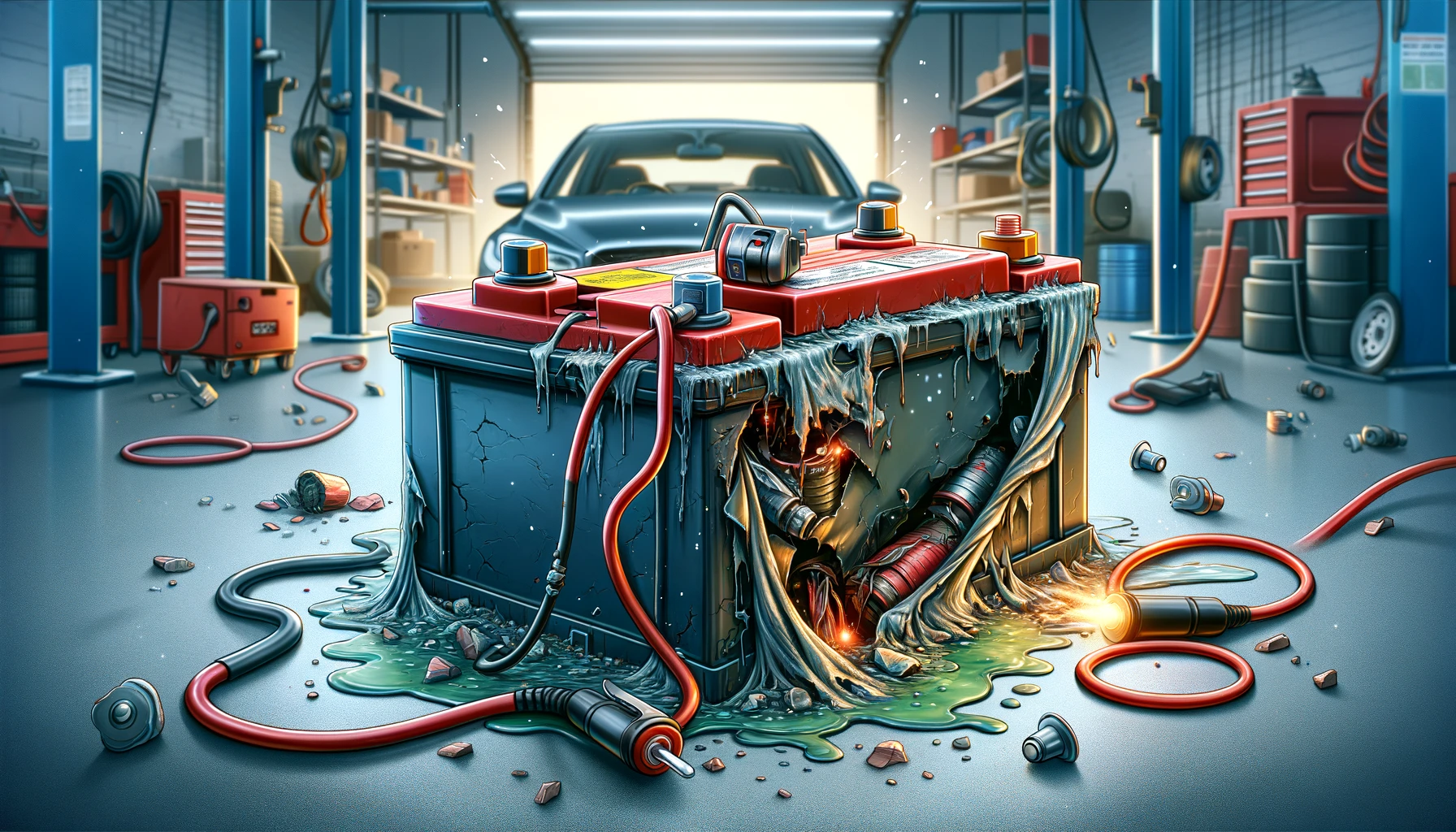In the realm of electric vehicles, the battery not only serves as the heart of the car but also as a critical component dictating the longevity and performance of the vehicle. As electric vehicles continue to surge in popularity, understanding the nuances of battery maintenance becomes increasingly vital for owners. One question that frequently surfaces in this context is: Can you overcharge a car battery? This inquiry is not just a matter of curiosity, but a significant concern that could have implications for the health and efficiency of your vehicle’s battery.
In this article, we delve into the mechanics of electric vehicle batteries, shedding light on the phenomenon of overcharging. By navigating through the intricacies of battery charging processes and the potential risks of overcharging, we aim to equip electric vehicle owners and enthusiasts with essential knowledge. This understanding is not only crucial for optimizing the lifespan of your car’s battery but also for ensuring its safe operation. Join us as we explore the reality of overcharging, its indicators, and preventive measures, providing you with the insights needed to maintain your electric vehicle’s battery at its peak condition.
Basics of Battery Charging Processes
Batteries of electric vehicles are sensitive components that must be carefully managed during charging processes. During charging, the internal voltage of the battery increases until it reaches the “charged” level. At this point, the energy entering the battery must be cut off. Modern chargers are often designed to automatically shut off before the battery is fully charged. For example, a charger can determine the appropriate state based on its settings, such as 6-volt or 12-volt, lead-acid or lithium charging, and the charging current is commonly around 2 amps.
However, if you are using a charger that does not have an automatic shut-off feature or is faulty, there is the potential for the battery to overcharge. In this case, the battery should be kept under constant observation while charging and should never be left on charge overnight.
Overcharged batteries heat up and cause chemical reactions when excess energy accumulates in them. This may cause gases to form and damage the entire battery. Battery content is highly toxic and should not be in contact with skin.
Automobile batteries manufactured using lead and acid may cause sulfation when not used for a long time. Lead sulfate, formed when the lead and acid of the battery combine, prevents the battery from holding its charge. If the battery is sulfated, it cannot start your vehicle. Therefore, it is important to charge the batteries before they become discharged.
As a result, modern chargers often shut down before the battery is fully charged, so you’re unlikely to accidentally overcharge the battery unless you’re using an old charger or deliberately trying to overcharge the battery. However, in emergency situations, it may be necessary to charge the battery for a slightly longer time. However, doing this too often can damage the battery and shorten its life.
Defining Overcharging and Its Risks
Overcharging a car battery occurs when the battery is exposed to a charge for an extended period after reaching its full capacity. This phenomenon is more than just leaving your car battery plugged in for too long; it’s about the battery receiving more energy than it can safely handle. Understanding the signs and risks associated with overcharging is essential for maintaining the health and longevity of your vehicle’s battery.
How Overcharging Happens
- Charging Process: The battery’s internal voltage increases during charging, ceasing once it reaches the “charged” level.
- Faulty or Absent Auto Shut-Off: Overcharging can occur if the charger lacks an automatic shut-off feature or if it’s malfunctioning.
- Excessive Charging: Leaving a battery connected to a charger without supervision, especially overnight, can lead to overcharging.
Potential Damages from Overcharging
- Battery Leaking: Overcharged batteries may leak corrosive acid, damaging the battery casing and posing a risk of acid burns.
- Bulging Battery: The breakdown of chemicals inside an overcharged battery can cause it to bulge, indicating serious damage.
- Excessive Heat: A hot battery is a common sign of overcharging, which can lead to more severe issues like melting or deformation.
- Strange Smells: The breakdown of internal chemicals can produce strong, unpleasant odors, signaling overcharging.
- Sparks or Fire: In extreme cases, the heat generated by an overcharged battery may cause sparks or even a fire.
- Voltage Reading: A voltmeter reading above 14 volts on a battery indicates overcharging.
Preventing Overcharging
- Use Modern Chargers: Modern chargers with automatic shut-off features can prevent overcharging.
- Monitor Charging Time: Avoid leaving batteries charging unattended for prolonged periods.
- Regular Checks: Using a voltmeter to check the battery’s voltage can help detect overcharging early.
In summary, overcharging a car battery can lead to a host of problems, from minor issues like leakage to severe risks like fire hazards. Responsible charging practices and the use of modern chargers with safety features are key to avoiding these risks and ensuring the longevity of your car battery.
